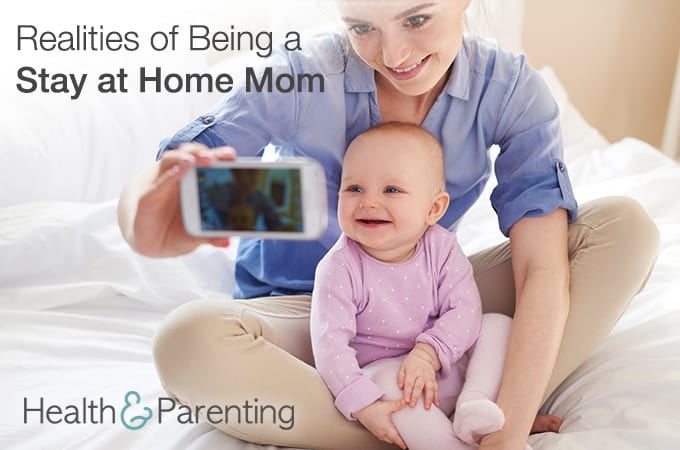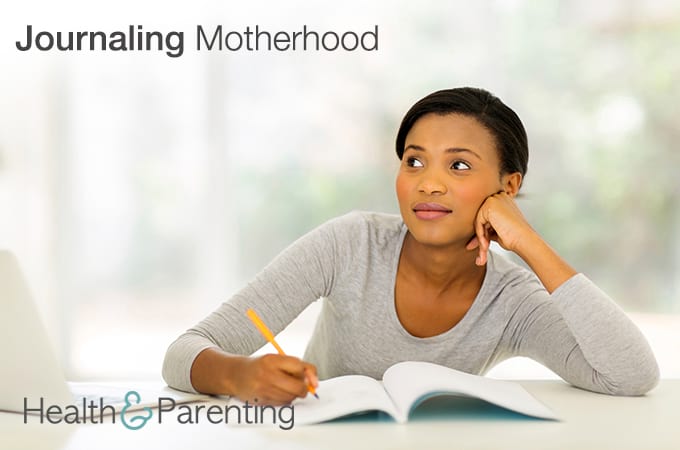Becoming a mother for the first time will change your life. During those first few months, your life will be full of new experiences. First smiles, first baths, teething pains, sleepless nights – it may take you a while to adjust to your new role. Caring for a newborn is amazing, and exhausting, and you will need a support system around you to make it easier.
If you and your partner both take leave from work for the first couple of weeks, you will become a team – caring for your baby together. Taking shifts to sleep, sharing in the nappy changing duties, and helping to keep each other sane.
As your partner leaves for work on his first day back, you may find yourself feeling a little helpless as you stare at your beautiful newborn baby, and wonder whether you’ll be able to cope alone. Of course, you will. And in many ways, the time alone will allow you to bond and grow more confident as a mother, but you may also miss adult company. When you start to long for the company of other adults, it’s time to get out and try to meet other mums. Here’s how:
1. Get in touch with old friends – if you have any friends with young children, now is the time to get in touch. Chances are, they’ve already rallied round to offer support during these first months, but if not, get in touch and see if they fancy meeting up.
2. Go to a healthcare group – there are plenty of baby clinics, breastfeeding support groups, pediatric first aid courses, and parenting groups for you to join. These groups are full of mothers just like you – people keen for more information, but also keen to meet friends to keep themselves and their babies entertained.
2. Go to a baby group – there are so many different types of groups available. From costly baby sign lessons, to free groups at your local church, there should be groups in your local area. Go along, and look out for parents with babies around the same age. If there aren’t any groups near you, why not try to organise one? Just an informal coffee morning at a local cafe would be a start, and it will be a great way to meet other mums.
3. Get chatting – when you’re out and about, at the park, shops or cafe, strike up conversations with other new mums. You’ll be surprised how easy it is to make conversation with complete strangers – motherhood is almost a universal language that allows women to bond. Don’t be afraid to suggest swapping numbers or meeting up again. It might seem forward, but chances are they’re just as keen to make some new friends.
4. Look online – there are a number of forums and online platforms where you can search for mums in your local area. From informal coffee mornings to huge group meets, from walks in the park to a local sling meet, there should be a few options in your local area.
These friends you make when your child is young could last you a lifetime, and you will see your children grow together and develop lasting friendships, too.
Written by Fiona (@Fiona_Peacock), mother, writer and lover of all things baby related.
This information is not intended to replace the advice of a trained medical doctor. Health & Parenting Ltd disclaims any liability for the decisions you make based on this information, which is provided to you on a general information basis only and not as a substitute for personalized medical advice. All contents copyright © Health & Parenting Ltd 2018. All rights reserved.

















